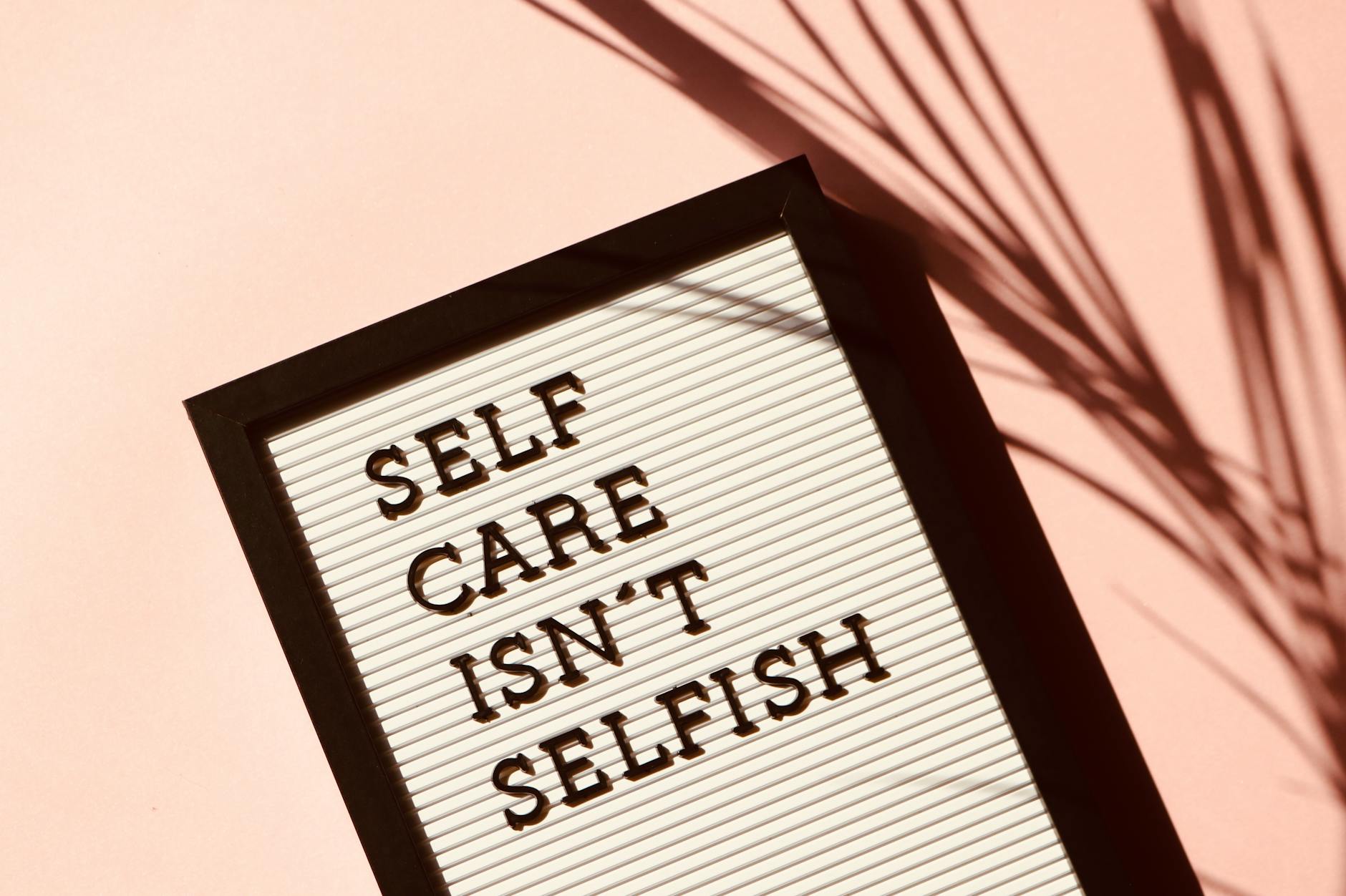Discover the essential connection between mental and physical health in this eye-opening exploration of self-care practices for total wellness.
Table of Contents
Living a healthy lifestyle involves taking care of both your physical and mental well-being. While our physical health is often given more attention, it’s essential not to neglect our mental health. In this blog post, we will discuss some common mental health conditions and how we can better take care of our minds and bodies.
Crohn’s Disease
Crohn’s Disease is a chronic inflammatory bowel disease that affects the gastrointestinal tract. Symptoms include abdominal pain, diarrhea, fatigue, and weight loss. While the exact cause of Crohn’s Disease is unknown, it is thought to be a combination of genetic, environmental, and immune system factors.
Treatment for Crohn’s Disease often involves a combination of medication, dietary changes, and in severe cases, surgery. It’s important for individuals with Crohn’s Disease to work closely with their healthcare providers to manage their symptoms and prevent flare-ups.
Cold Sore
A cold sore is a small blister that appears on the lips or around the mouth caused by the herpes simplex virus. Symptoms include a tingling sensation, pain, and fluid-filled blisters. Cold sores are highly contagious and can be triggered by stress, sunlight, or a weakened immune system.
While there is no cure for the herpes simplex virus, antiviral medications can help shorten the duration of a cold sore outbreak. Keeping the affected area clean and avoiding triggers can also help prevent cold sore flare-ups.
Lyme Disease
Lyme Disease is a bacterial infection transmitted through the bite of an infected tick. Symptoms include a rash, fever, fatigue, and joint pain. If left untreated, Lyme Disease can lead to more severe complications such as arthritis or neurological issues.
Treatment for Lyme Disease involves a course of antibiotics. Early detection and prompt treatment are crucial in preventing the disease from progressing. Preventative measures such as wearing protective clothing and using insect repellent can also help reduce the risk of contracting Lyme Disease.
Bacterial Vaginosis and Yeast Infection
Bacterial vaginosis and yeast infections are common vaginal infections that can cause discomfort and itching. Bacterial vaginosis is caused by an imbalance of bacteria in the vagina, while yeast infections are caused by an overgrowth of yeast.
Diagnosis and treatment for bacterial vaginosis and yeast infections typically involve medications such as antibiotics or antifungal creams. Maintaining good hygiene and wearing breathable cotton underwear can also help prevent these infections.
Rheumatoid Arthritis
Rheumatoid Arthritis is an autoimmune disorder that causes inflammation in the joints. Symptoms include joint pain, stiffness, swelling, and reduced range of motion. Over time, untreated rheumatoid arthritis can lead to joint damage and disability.
Treatment for rheumatoid arthritis aims to reduce inflammation, relieve pain, and prevent joint damage. Medications, physical therapy, and lifestyle modifications such as exercise and a healthy diet can help manage symptoms and improve quality of life for individuals with rheumatoid arthritis.
Mental Health
Mental health is just as important as physical health, yet it is often stigmatized or overlooked. Common mental health conditions such as PTSD, anxiety, and depression can have a significant impact on a person’s quality of life.
| Mental Health Matters: Taking Care of your Mind and Body | |
|---|---|
| Aspect | Tips for Self-Care |
| Physical Exercise | Regular exercise can help improve mood and reduce stress. Try to incorporate at least 30 minutes of physical activity into your daily routine. |
| Healthy Eating | Eating a balanced diet with plenty of fruits, vegetables, whole grains, and lean proteins can support overall well-being. |
| Sleep Hygiene | Getting enough quality sleep is essential for mental and emotional health. Establish a bedtime routine and create a restful sleep environment. |
| Stress Management | Practice relaxation techniques such as deep breathing, meditation, or yoga to help manage stress and anxiety. |
| Social Connection | Building and maintaining relationships with friends and loved ones can provide emotional support and reduce feelings of isolation. |
Seeking professional help, talking to loved ones, and practicing self-care can help manage mental health conditions. Therapy, medication, mindfulness techniques, and regular exercise are all valuable tools in improving mental well-being and overall health.
Parkinson’s Disease
Parkinson’s Disease is a progressive neurological disorder that affects movement and coordination. Symptoms include tremors, muscle stiffness, slow movement, and balance issues. While the exact cause of Parkinson’s Disease is unknown, genetics and environmental factors may play a role.
Treatment for Parkinson’s Disease aims to manage symptoms and improve quality of life. Medications, physical therapy, and support from healthcare providers can help individuals with Parkinson’s Disease maintain independence and functionality for as long as possible.
Sleep Apnea
Sleep apnea is a sleep disorder characterized by pauses in breathing or shallow breathing during sleep. Symptoms include loud snoring, daytime fatigue, and morning headaches. Sleep apnea can increase the risk of cardiovascular issues and other health complications.
Treatment for sleep apnea often involves lifestyle changes such as weight loss and sleeping on your side. Continuous Positive Airway Pressure (CPAP) therapy is a common treatment method that helps keep the airway open during sleep, improving breathing and quality of sleep.
Conclusion
Overall, it is crucial to prioritize both our physical and mental health. By being aware of common health conditions and taking proactive measures to manage symptoms and seek appropriate treatment, we can lead healthier and more fulfilling lives. Remember that your health is a journey, and it’s never too late to start taking care of yourself.
FAQ
Question 1: What role does lifestyle play in maintaining both mental and physical health?
Answer 1: Lifestyle choices such as diet, exercise, sleep, and stress management all contribute to overall well-being. Taking care of your mind and body through healthy habits can lead to improved mental health and physical wellness.
Question 2: How can I improve my mental health?
Answer 2: Prioritize self-care practices such as exercise, healthy eating, adequate sleep, stress management, and social connection. Seeking professional help when needed and practicing mindfulness techniques can also support mental health.
Question 3: What are some common mental health conditions to be aware of?
Answer 3: Common mental health conditions include anxiety, depression, PTSD, and mood disorders. Recognizing the symptoms of these conditions and seeking help from healthcare providers can lead to proper diagnosis and treatment.
Question 4: How can I prevent physical health conditions discussed in this blog post?
Answer 4: Preventative measures such as maintaining good hygiene, wearing protective clothing, using insect repellent, and staying informed about health conditions can help reduce the risk of contracting diseases like Lyme Disease, cold sores, and bacterial infections.




